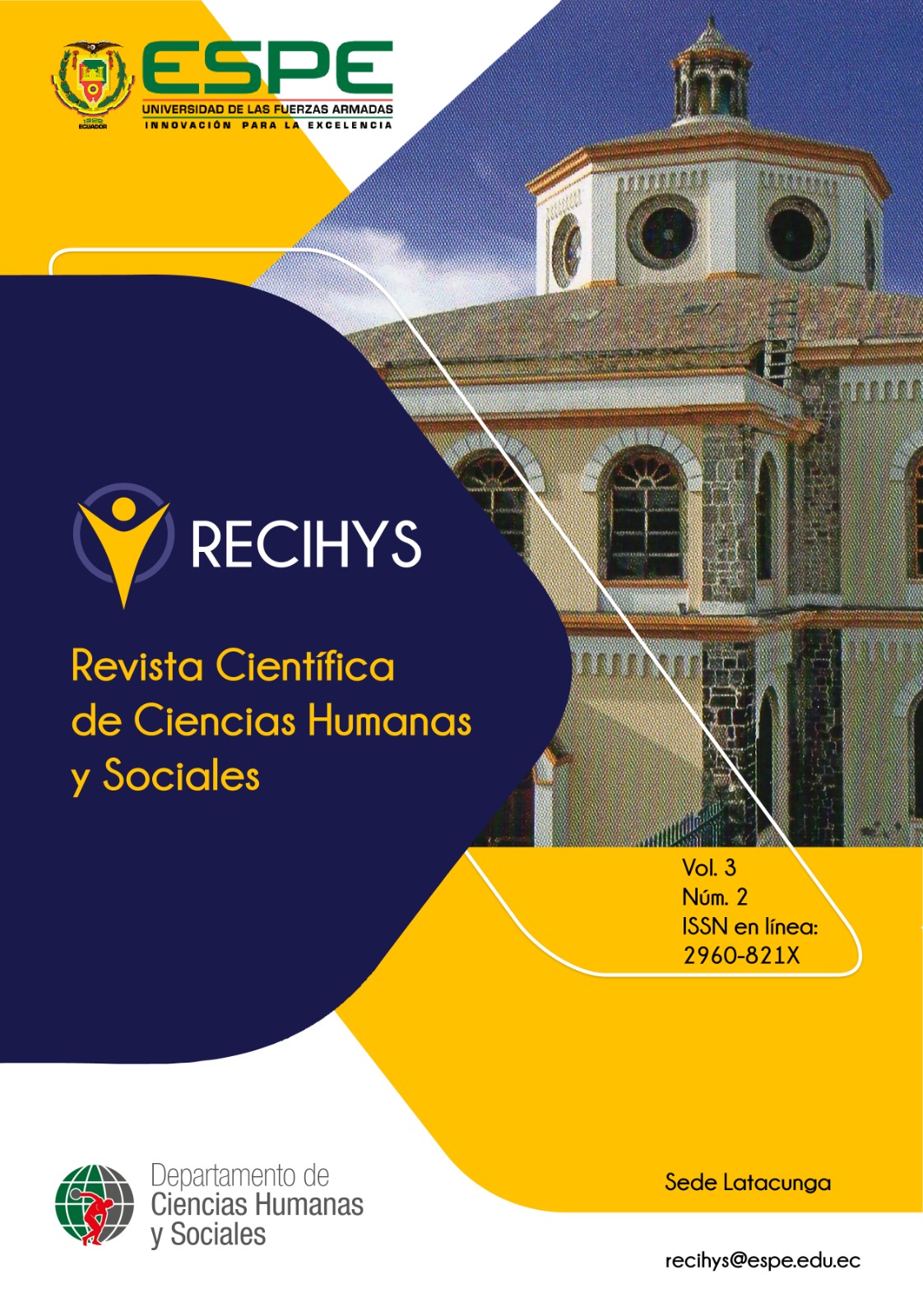Beyond the classroom: The influence of Digital Learning Communities on the development of research competencies in university students.
Main Article Content
Abstract
The main purpose of the study is to analyze the development of research competencies in university students through a training strategy based on a Digital Learning Community (DCDA). A mixed approach of an explanatory sequential type was used, combining Likert-type questionnaires applied before and after their participation, as well as open questions to collect the experience in a narrative way. The participants were students from different careers of a single Salvadoran university, who developed their undergraduate training activities in 5 different chairs during the period between January 2024 and June 2025. The findings showed significant improvements in the five dimensions of research competence proposed for this study: cognitive, methodological, communicative, collaborative and digital. The average increase in the competencies analyzed was more than 75%, highlighting advances in problem formulation, analysis of scientific information, academic writing, and use of digital tools. On a qualitative level, the students expressed substantial transformations in their way of understanding and living research. In addition, they recognized the CDDA as an environment of accompaniment and co-creation of knowledge. Among the products generated by the participants were research projects, social innovation projects, academic essays, scientific articles, papers and scientific posters. As a conclusion, it was determined that the experience of participating in a DCDA allowed a greater development of research competencies, and generated a change in the perception of learning related to scientific research among the university students participating in the experience.
Downloads
Article Details
Authors who publish in this journal agree to the following terms: Authors retain the copyright and guarantee the journal the right to be the first publication of the work, as well as, licensed under a Creative Commons Attribution License that allows others share the work with an acknowledgment of the authorship of the work and the initial publication in this journal. Authors may separately establish additional agreements for the non-exclusive distribution of the version of the work published in the journal (for example, placing it in an institutional repository or publishing it in a book), with acknowledgment of its initial publication in this journal. Authors are allowed and encouraged to disseminate their work electronically (for example, in institutional repositories or on their own website) before and during the submission process, as it may lead to productive exchanges as well as further citation earliest and oldest of published works.
How to Cite
References
Arellano-Sacramento, César, Hermoza-Moquillaza, Rocío V, Elías-Podestá, Mario, & Ramírez-Julca, Máximo. (2017). Actitud hacia la investigación de estudiantes universitarios en Lima, Perú. Revista de la Fundación Educación Médica, 20(4), 191-197. https://dx.doi.org/10.33588/fem.204.901
Ávalos, A., & Sevillano, M. (2018). El desarrollo de competencias investigativas en la formación de estudiantes de la UNED de Costa Rica mediante la metodología Lean Startup. Educatio Siglo XXI, 36(3), 417-442. https://doi.org/10.6018/j/350071
Ayala, O. (2020). Competencias informacionales y competencias investigativas en estudiantes universitario. Revista Innova Educación, 2(4), 668–679. https://doi.org/10.35622/j.rie.2020.04.011
Bernal, C. A. (2010). Metodología de la investigación: para administración, economía, humanidades y ciencias sociales (3.ª ed.). Pearson Educación.
Córdoba, M. E., (2016). Reflexión sobre la formación investigativa de los estudiantes de pregrado. Revista Virtual Universidad Católica del Norte, (47), 20-37. https://www.redalyc.org/articulo.oa?id=194244221003
Correa, J. E., (2009). Medición De Las Competencias Investigativas En Docentes De Fisiología: Una aproximación Empírica. Revista de la Facultad de Medicina, 57(3), 205-217. https://www.redalyc.org/pdf/5763/576363911002.pdf
Creswell, J. W., & Plano Clark, V. L. (2023). Revisiting mixed methods research designs twenty years later. Handbook of mixed methods research designs, 1(1), 21-36.
Gómez, Y., & Villalobos, F. (2014). Competencias para la formulación de un proyecto de investigación. Guía metodológica del proyecto INVESTIC para docentes investigadores. Universidad de Nariño.
Galarza, C. A. R. (2021). Diseños de investigación experimental. CienciAmérica, Revista de divulgación científica de la Universidad Tecnológica Indoamérica. 10(1), 1-7. https://dialnet.unirioja.es/servlet/articulo?codigo=7890336
Hernández, R., Fernández, C., & Baptista, P. (2006). Metodología de la investigación. McGraw Hill.
Hernández, A., Rodríguez, M., & Ramos, D. (2021). Estrategias pedagógicas para el aprendizaje y desarrollo de competencias investigativas en estudiantes universitarios. Revista de Ciencias Sociales (Ve), XXVII (2), 242-255. https://produccioncientificaluz.org/index.php/rcs/article/view/35911/38259
Martínez, L., & Márquez, J. (2014). Las habilidades investigativas como eje transversal de la formación para la investigación. Tendencias Pedagógicas No. 24. https://doi.org/10.15366/tp2014.24.022
Parra Castrillón, J. E. (2018). Construcción de la competencia investigativa en ingeniería. Revista Educación en Ingeniería, 13(25), 12-19. https://doi.org/10.26507/rei.v13n25.812
Quintanilla, L. N. (2025). Análisis y diseño de Comunidades Digitales de Aprendizaje: estrategia integradora para el desarrollo de investigación, prácticas docentes e innovación educativa en educación superior. Revista Científica de Ciencias Humanas y Sociales RECIHYS, 2(3), 1-10. https://journal.espe.edu.ec/ojs/index.php/RECIHYS/article/view/3783/2853
Riquelme, G. M., & Balladares, J. (2022). Desafíos en la innovación curricular en la formación universitaria desde la mirada de los académicos. Interciencia, 47(5), 181-190. https://www.redalyc.org/journal/339/33971297005/33971297005.pdf
Rivas, S. (2011). Las nueve competencias de un investigador. Investigación Administrativa, núm. 108, pp. 34-54. https://www.redalyc.org/articulo.oa?id=456045339003
Rivera, J. (2018). Competencias para la investigación. Editorial Trillas
Ruiz, Y. (2019). Evaluación formativa y compartida para el desarrollo de competencias investigativas en estudiantes universitarios. Educere, 23(75), 499-508. https://www.redalyc.org/articulo.oa?id=35660262020
Soto, M., & Hanna, S. (2020). Desarrollo de competencias investigativas en participantes de maestría organizacional. Gente Clave, 4(1), 108-128.
Siemens, G. (2004). Connectivism: A Learning Theory for the Digital Age. International Journal Of Instructional Technology And Distance Learning, 2(1). http://jotamac.typepad.com/jotamacs_weblog/files/Connectivism.pdf
Tobón, S. (2006). Competencias, calidad y educación superior. Coop. Editorial Magisterio.
Wenger, E. (1998). Communities of practice: Learning, meaning, and identity. Cambridge University Press.
Zacarías, H., Vílchez, J. y Supo, J. (2021). Posturas didácticas sobre el método científico y su influencia en el desarrollo de competencias investigativas en estudiantes universitarios. Desafíos, 12(2); 09-14. https://dialnet.unirioja.es/servlet/articulo?codigo=8185462

